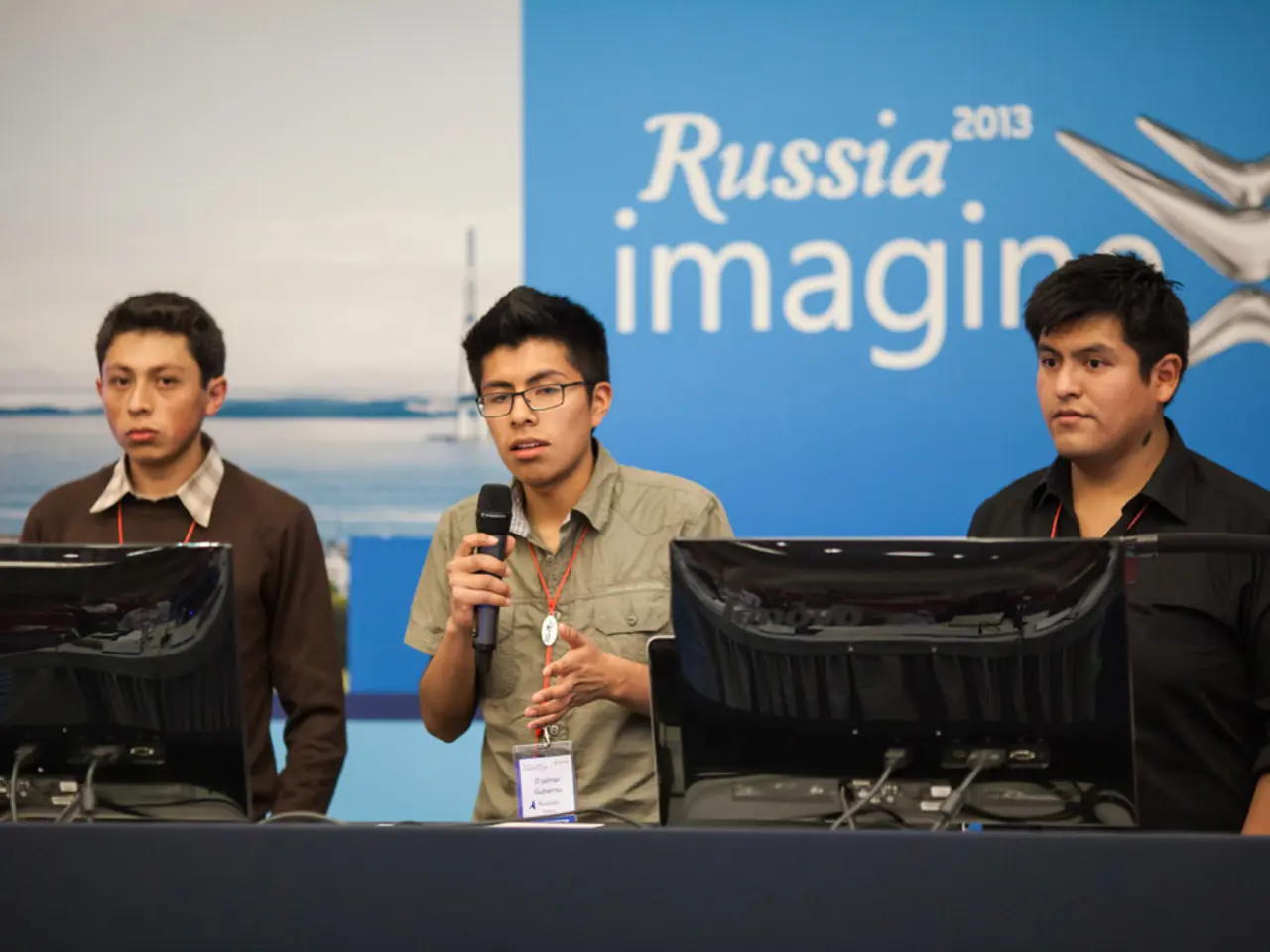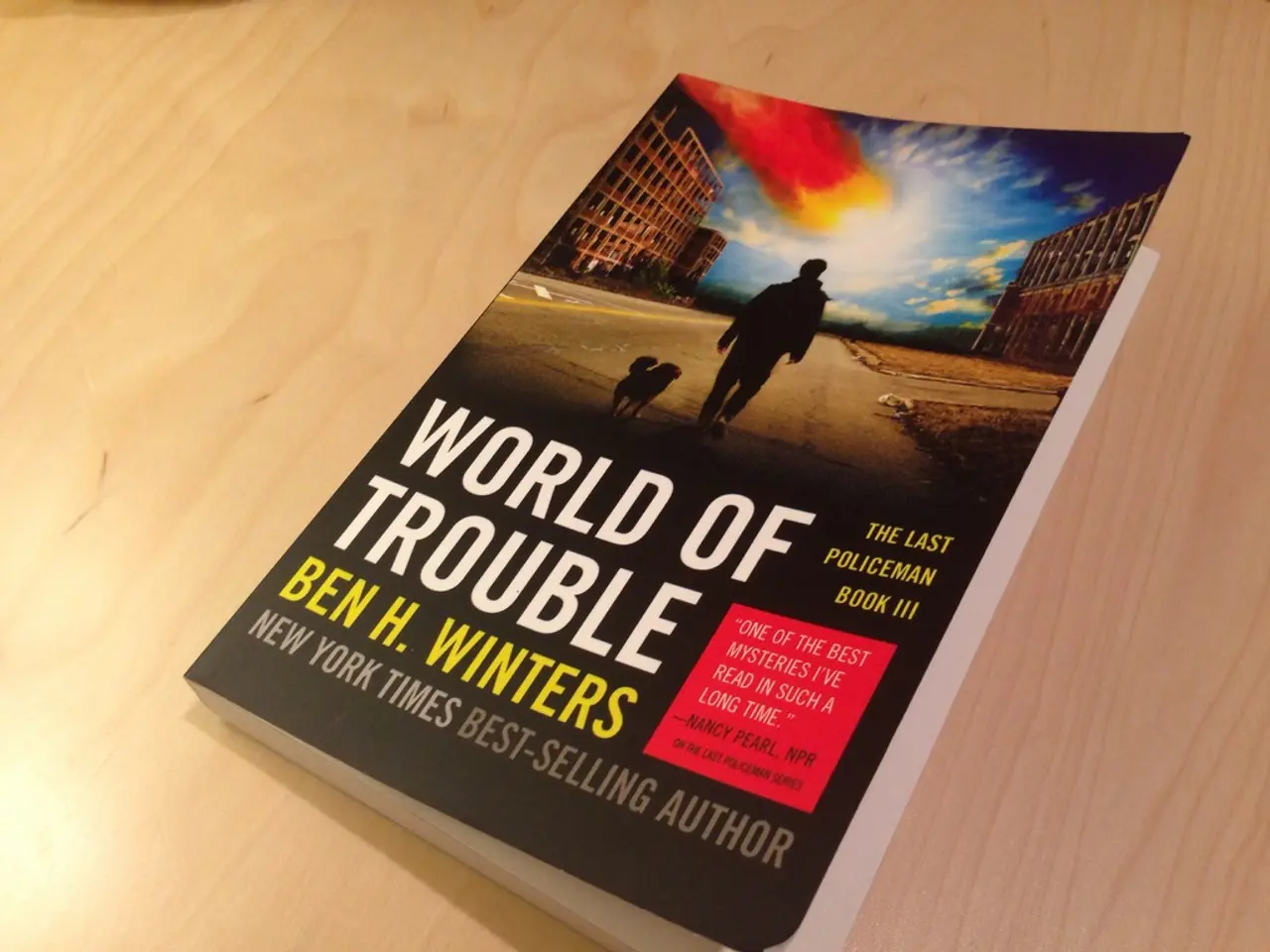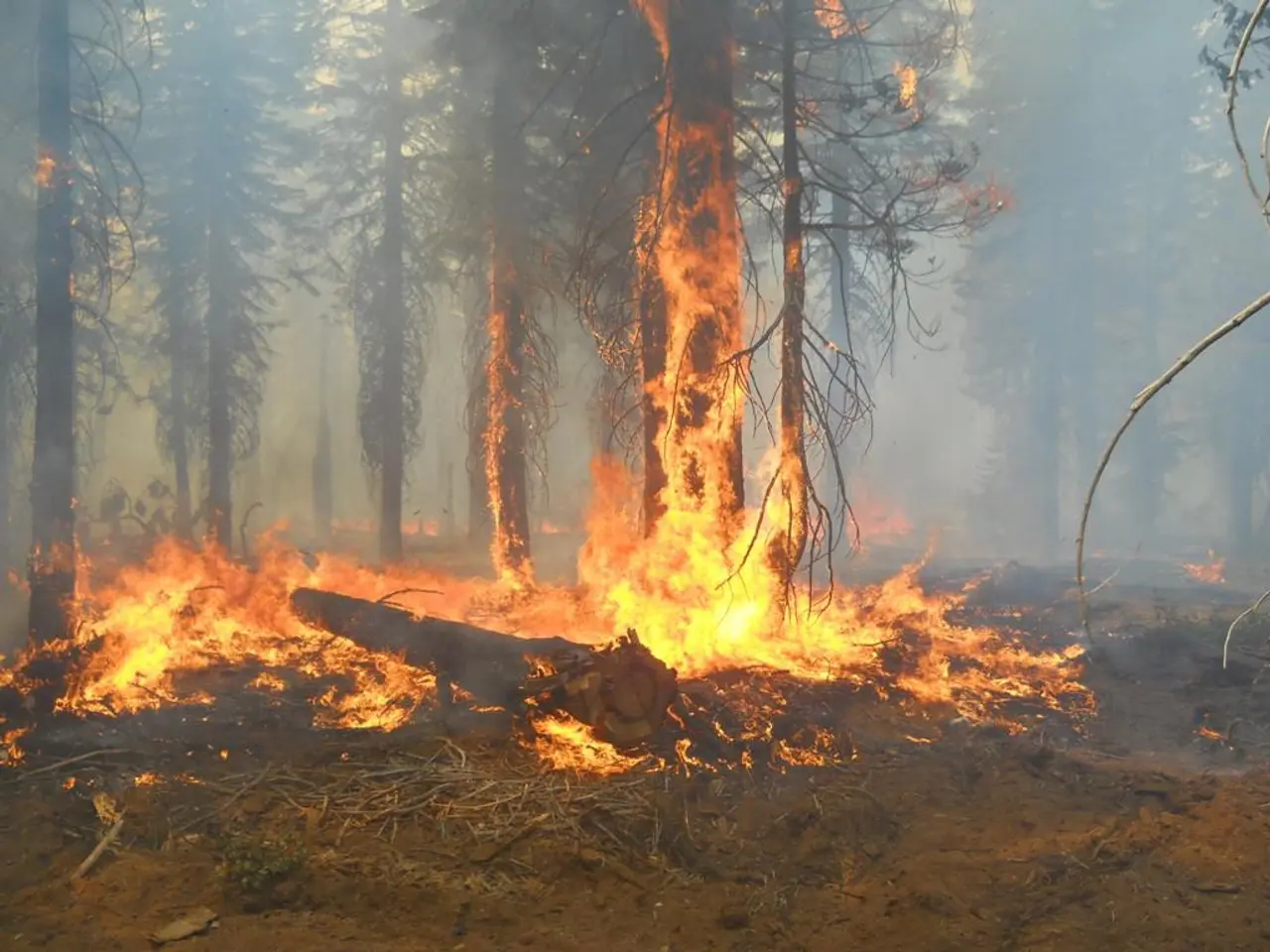U.S. Special Envoy Witkoff apparently touches down in Moscow
Headline: Russia and China Strengthen Ties Through Joint Naval Patrols in Asia-Pacific
In a significant move, Russia and China have launched joint naval patrols in the Asia-Pacific region, marking a continuation of annual bilateral patrols initiated in 2021. The patrols, which started early August 2025, involve Russian and Chinese warships conducting coordinated operations primarily in the Sea of Japan and Western Pacific [1][4][5].
The primary objectives of these joint patrols are to enhance naval cooperation between Russia and China, maintain peace and stability in the Asia-Pacific, conduct maritime surveillance, and protect the economic interests of both nations in the region [1]. During these patrols, both navies perform joint drills focused on maneuvering and operational coordination.
This deepening military coordination signals a stronger strategic partnership between Russia and China, continuing a trend of increasing military ties that include over a hundred joint exercises since 2019 [2]. This cooperation is viewed as a response to U.S. and allied military activities in the region, including U.S.-Japan joint exercises, which China criticizes as destabilizing provocations [3].
The patrols and exercises serve as a demonstration of military capability to neighbours and reassure friendly states of Russia and China's commitment to countering regional threats. Some analysts interpret this as part of China’s peripheral diplomacy [2]. However, Japan and other regional actors express security concerns over this growing China-Russia military cooperation, fearing it may shift the regional balance of power and complicate efforts to address issues like Taiwan and the South China Sea tensions [3].
Elsewhere, the situation in Ukraine remains tense. Sweden, Denmark, and Norway have announced plans to purchase US weapons for Ukraine, aiming to contribute military equipment worth a total of $500 million. Meanwhile, Ukraine military commander Olexij Syrskyj has described the situation in the Donetsk region as "particularly critical" [10]. Ukraine reports that Russia is able to send additional soldiers to Ukraine each month [11].
In a separate development, US President Donald Trump has given Russia until Friday to agree to end the war against Ukraine, otherwise, Russia and its trading partners face new US sanctions [12]. The Russian Ministry of Defense has reported that Russia's military has captured another village in the eastern Ukrainian region of Dnipropetrovsk and continues its advance [9].
In international politics, the US and Russia continue to engage in diplomatic exchanges. US Special Envoy Steve Witkoff has arrived in Moscow, greeted at the airport by Russian envoy Kirill Dmitrijew [8]. Trump had called on Putin to make concessions with regard to Witkoff's planned mission [7]. However, the Kremlin has warned US President Trump to be cautious in the dispute over US nuclear submarines [6].
Meanwhile, despite an EU-wide ban, the websites of Russian media are still accessible in many countries, including Germany [5]. Russia is reportedly considering suspending its long-range attacks in Ukraine as a possible concession to US President Donald Trump [4]. A Ukrainian military brigade has published drone footage that allegedly shows a Russian female soldier at the front line [3].
In the economic sphere, Russian oil and gas revenues in July have reportedly dropped by nearly 30% compared to the previous year [2]. This drop could be due to the ongoing sanctions and the decrease in demand as a result of the global economic slowdown.
As the world watches these developments unfold, it remains to be seen how these events will shape the future of international relations and regional security.
References:
- BBC News
- The Diplomat
- South China Morning Post
- The Moscow Times
- Deutsche Welle
- Reuters
- CNN
- AP News
- Al Jazeera
- CBS News
- The Guardian
- NPR
- Der Spiegel
- The New York Times
- The Washington Post
- The increasing military cooperation between Russia and China, as evidenced by their joint naval patrols in the Asia-Pacific, may require revisions in the community policy and employment policy of certain nations to address shifts in regional security dynamics and alliances.
- In the midst of ongoing war-and-conflicts, such as the conflict in Ukraine, general news outlets continue to cover politics extensively, providing updates on diplomatic exchanges, military activities, and economic impacts, keeping the global population informed.







